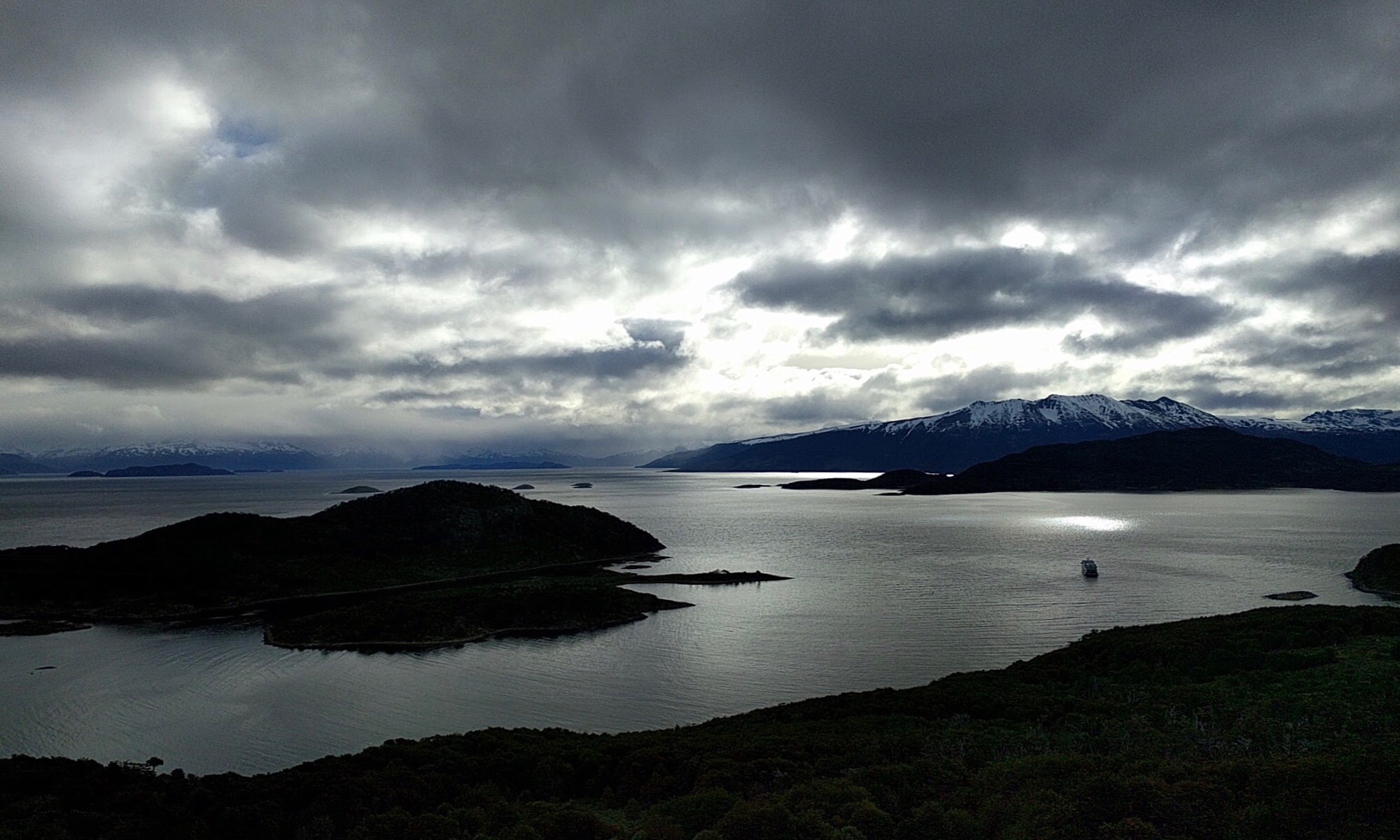We were constantly reminded is how much easier travel is now than say 20 years ago. Among the changes: English is indeed the international language and was spoken effectively everywhere we went. Credit cards and ATMs are almost universal too. We ran into minor trouble just once (Zimbabwe, effectively a failed state) but this was solved when the owner of our guesthouse, who had previously worked in the US, still had a US bank account and I was able to use Zelle (US Bank’s way to transfer money to others via email or text) to send her $400 electronically and she handed us four crisp $100 no more than ten minutes later. It’s much cheaper now too – we are getting cash back on credit card purchases rather than being subjected to the usury of exchanging notes.
Communications – I remember tokens and pay phones at foreign post offices and other oddball arrangements – but it’s all very easy and nearly free now. Finding lodging, transportation, restaurants, guides – it’s all much easier than before. AirBnB is a bargain and I think has impacted mid-level lodging prices; we have probably been averaging about $75/night for bed and breakfast. Car rental has really been changed too; our nine day rental here is $140; it was $115 until I changed the dates, all via an app on the mobile phone!
The rise of all the low-cost airlines like RyanAir – which I think prompted many of the bigger airlines to each start up a low cost subsidiary – have changed more than just price: they don’t use a “spoke and hub” system, but instead fly smaller jets directly between the second tier cities. That turns out to be a huge bonus.
On our trip home, we flew Emirates, which uses Airbus A380 aircraft. These are pressurized to 6000 feet rather than 8000, and have better humidity control, which supposedly greatly reduced jet lag. We think that might be real – we didn’t feel as wrung out as we expected.
I signed up for Kindle Unlimited – for $10/mo you get quite a lot, including every Lonely Planet publication. How nice to just download the guide for any country that might spark interest. Amazon’s music and video work internationally too – yesterday we downloaded Hamilton and listened to much of it on a drive. Entertainment in the form of podcasts, music etc are now effectively free.
We use weatherspark.com to see what weather might be like where we are looking to go and it has been a major help too – we have had really good weather nearly everywhere.
It goes on; the main point is that the hurdles are gone or way, way small. It’s not as difficult, debilitating or expensive as it used to be. So much easier that I’m seeing articles written on the theme of “travel ruining travel”. That may be an exaggeration but it is certainly true that many previously exotic destinations are now routine (a Utah high school group at a Slovenian mountain hut, two days trek from the nearest trailhead!). Cruises and package tours have probably altered the experience many previously nice cities with so-called “over-tourism”, about which much has been written lately. These places are easily avoided though, and during much of our travels we were surprised at how little tourism there was. This was particularly true in parts of Africa. We were there in shoulder season but even so things seemed strangely quiet quite often.
